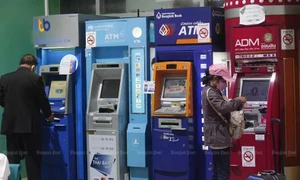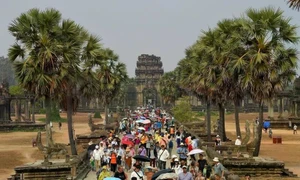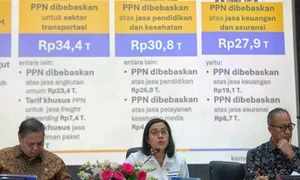The PM underlined that it is imperative to implement the green transition across all sectors, and promote sustainable production and consumption via all economic activities. This includes transport, energy, and infrastructure.

New technologies and digital transformation will be invaluable to this shift, but their responsible use and equitable access must be ensured, he said.
The PM affirmed that Thailand is actively implementing its long-term low greenhouse gas emission development strategy, while realigning its national energy plan to shift consumption to clean energy, and also promote energy efficiency.
Thailand aims to increase the production of zero-emission vehicles to 30% by 2030, while encouraging foreign investment in the electric vehicle sector, said Thavisin, adding that his country also plans to scale up sustainable agronomy to reduce climate change vulnerability and improve farmers' well-being.
He said he is optimistic that these policies will help Thailand reach its national targets of reducing greenhouse gas emissions by 40% by 2030, achieving carbon neutrality by 2050, and net-zero emissions by 2065..
He also underlined the importance of environmental and ecosystem conservation, and highlighted that an environmentally sound financing mechanism will be an indispensable tool for the green transition.
Thailand has raised 12.5 billion USD so far by issuing sustainability bonds to fund multiple projects, he said, adding that the government will introduce sustainability linked bonds to boost the green bonds market.
On the occasion, the PM also introduced the Land Bridge project, which is designed to connect the Andaman Sea and the Indian Ocean to the Gulf of Thailand and the Pacific Ocean, improving connectivity in the southern Andaman region, and reducing commute times going via the Strait of Malacca./.
VNA
























